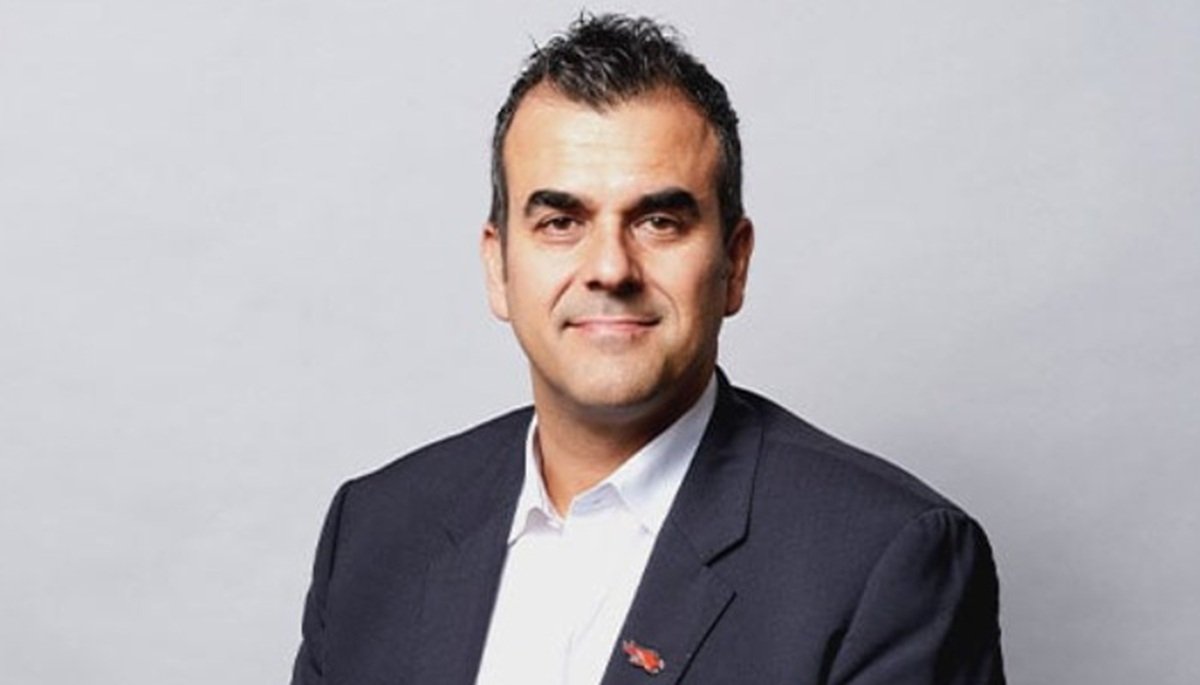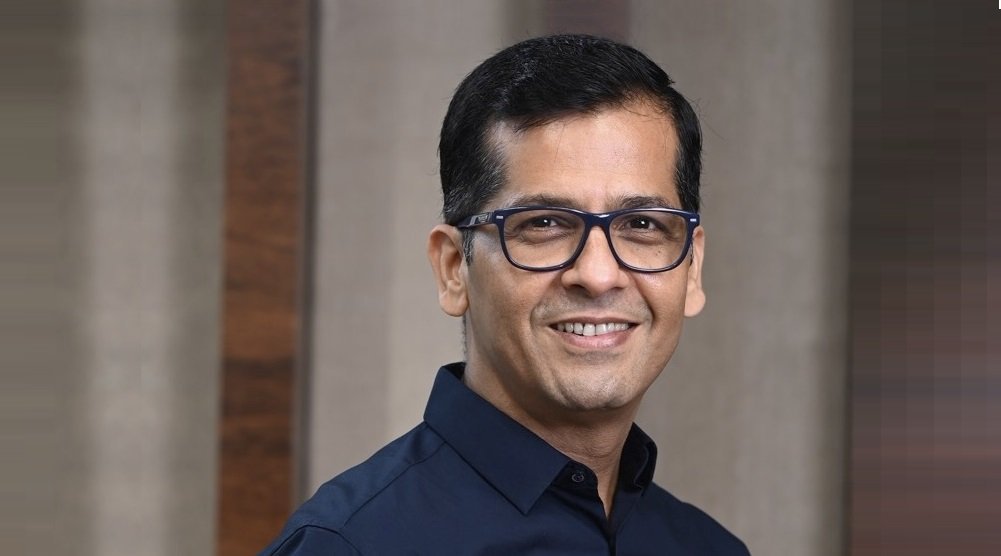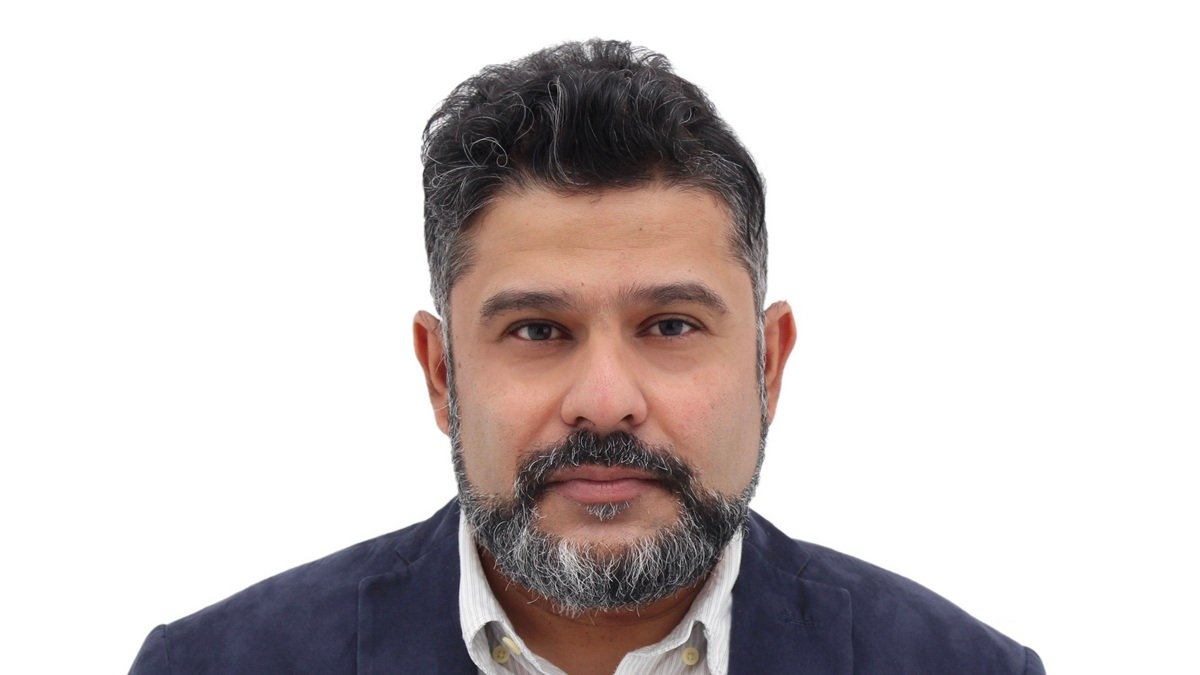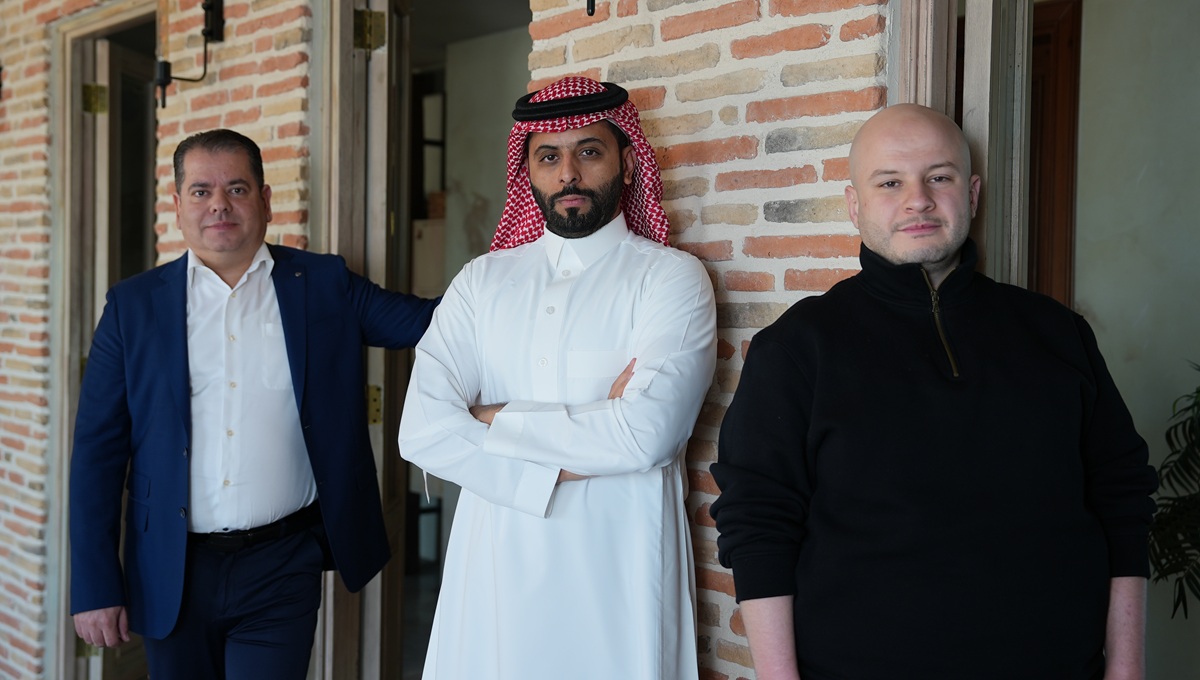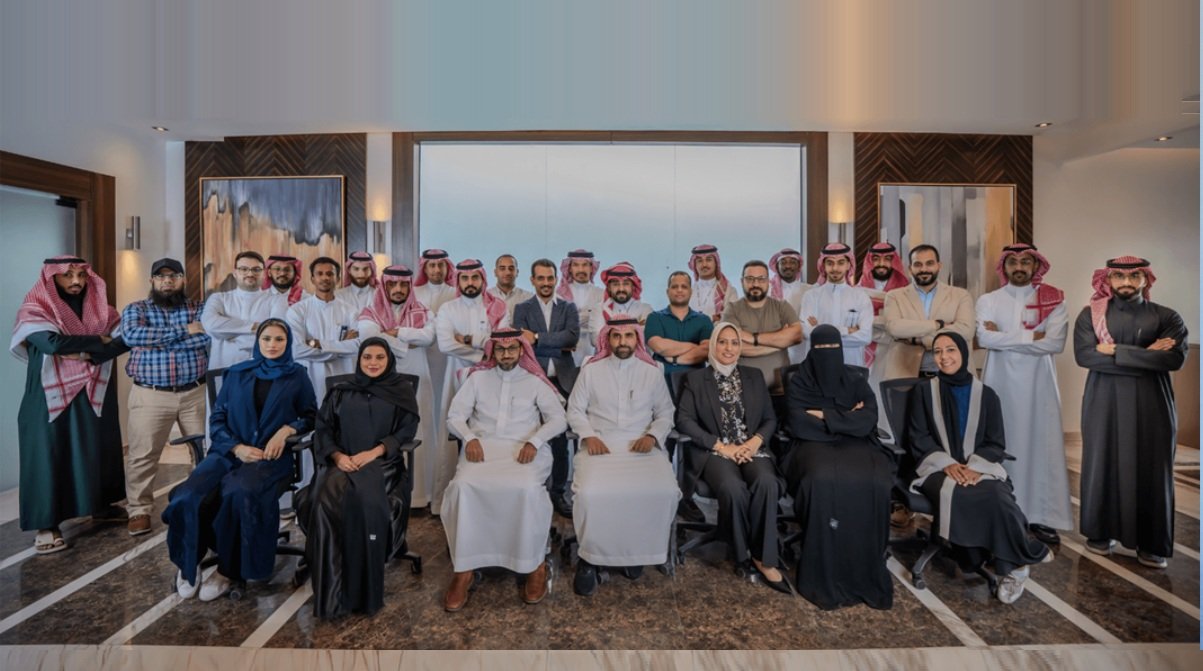According to the latest Kaspersky study, more than half of geo-distributed businesses (48%) in KSA identified a disparity between the levels of cyber protection across all sites: 30% of these companies admitted this problem but didn’t think it was critical, the remaining 18% stated their branches required much more cybersecurity measures to be implemented. However, Kaspersky’s experts are warning multi-site businesses that such a disparity can endanger the whole organization.
The recent Kaspersky report ‘Managing geographically distributed businesses: challenges and solutions’ provides a deeper insight into the network and information security challenges faced by geo-distributed companies and highlights solutions organizations employ to overcome these difficulties. Kaspersky survey covered Network and Information Security decision makers from 20 countries worldwide.
According to this report, only 52% of respondents in KSA were confident that the protection from cyberthreats in their head office (HQ) was equally effective as in local offices. However, most of the companies questioned (48%) stated that there was a disparity between these levels of cybersecurity: 30% of them believed that the problem existed but it was not so critical, they said most of local offices were generally well-protected, 18% were not so enthusiastic and supposed that only few of branches were under control.

In addition to budgetary constraints, one of the reasons for such a disparity lies in the lack of trust with the local expertise. In 54% of cases, head offices took responsibility for all cybersecurity activities in the branches, stating that local staff didn’t have sufficient knowledge and qualifications. Even in 40% of instances when cybersecurity tasks were shared equally between HQ and local teams, all the activities were supervised by head office.
“Although the most sensitive data may be held centrally, access to the company’s assets is clearly required from several locations, and when they are not as well protected as head office, it creates security risks for the whole organization. Perhaps, there is a misconception that a lower level of protection will suffice for sites that play a secondary role in the company’s structure. However, cybercriminals don’t care which place gets attacked – be it head office or its branches – they can penetrate the company’s infrastructure from any location. Therefore, it’s important to enable protection that is equally effective at all sites,” comments Anton Solovey, Senior Product Manager (XDR) at Kaspersky.
To protect geo-distributed companies from cyber threats, Kaspersky experts recommend employing centralized and automated solutions such as Kaspersky Next XDR Expert to ensure comprehensive cyber protection of all company assets and processes both at HQ and local offices. By aggregating and correlating data from multiple sources in one place and leveraging machine learning technologies, this solution provides effective threat detection and rapid automated response.



